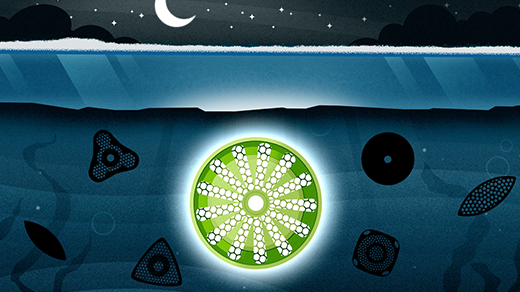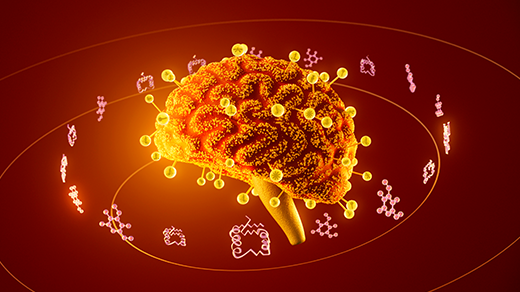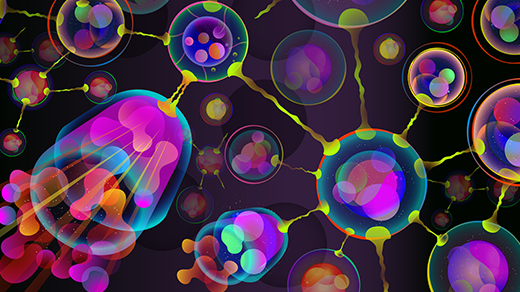What's up in
Biology
Latest Articles
The ‘Elegant’ Math Model That Could Help Rescue Coral Reefs
Physicists and marine biologists built a quantitative framework that predicts how coral polyps collectively construct a variety of coral shapes.
How ‘Event Scripts’ Structure Our Personal Memories
By screening films in a brain scanner, neuroscientists discovered a rich library of neural scripts — from a trip through an airport to a marriage proposal — that form scaffolds for memories of our experiences.
The Poetry Fan Who Taught an LLM to Read and Write DNA
By treating DNA as a language, Brian Hie’s “ChatGPT for genomes” could pick up patterns that humans can’t see, accelerating biological design.
How Does Life Happen When There’s Barely Any Light?
Under the sea ice during the Arctic’s pitch-black polar night, cells power photosynthesis on the lowest light levels ever observed in nature.
Concept Cells Help Your Brain Abstract Information and Build Memories
Individual cells in the brain light up for specific ideas. These concept neurons, once known as “Jennifer Aniston cells,” help us think, imagine and remember episodes from our lives.
The Ocean Teems With Networks of Interconnected Bacteria
Nanotube bridge networks grow between the most abundant photosynthetic bacteria in the oceans, suggesting that the world is far more interconnected than anyone realized.
Scientists Re-Create the Microbial Dance That Sparked Complex Life
Evolution was fueled by endosymbiosis, cellular alliances in which one microbe makes a permanent home inside another. For the first time, biologists made it happen in the lab.
The Year in Biology
Biologists used artificial intelligence to make discoveries about molecules and the brain, and overturned long-held assumptions about the immune system and RNA.
How Is Cell Death Essential to Life?
Cells in our bodies are constantly dying — and these countless tiny deaths are essential to human health and multicellular life itself. In this episode, co-host Steven Strogatz speaks with cellular biologist Shai Shaham about what makes a cell “alive” and the latest developments in understanding how and why cells die.








